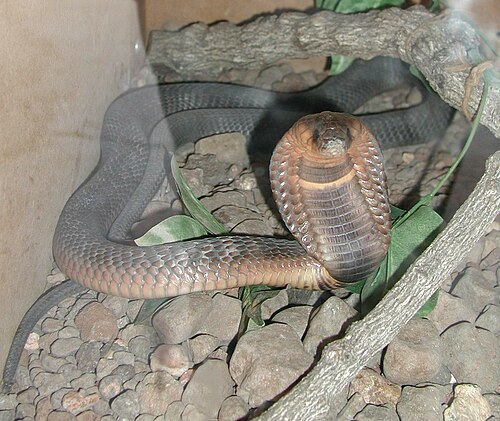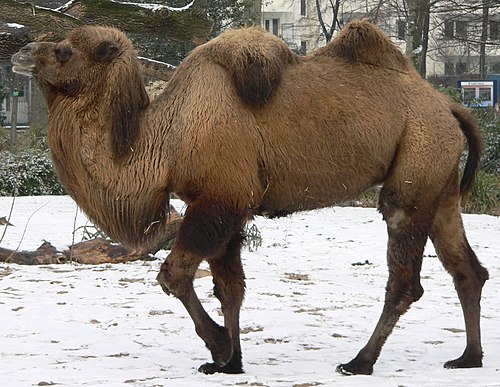Reptilenoun
A cold-blooded vertebrate of the class Reptilia.
Reptilenoun
(figuratively) A mean or grovelling person.
Reptileadjective
Creeping; moving on the belly, or by means of small and short legs.
Reptileadjective
Grovelling; low; vulgar.
Reptileadjective
Creeping; moving on the belly, or by means of small and short legs.
Reptileadjective
Hence: Groveling; low; vulgar; as, a reptile race or crew; reptile vices.
Reptilenoun
An animal that crawls, or moves on its belly, as snakes,, or by means of small, short legs, as lizards, and the like.
Reptilenoun
One of the Reptilia, or one of the Amphibia.
Reptilenoun
A groveling or very mean person.
Reptilenoun
any cold-blooded vertebrate of the class Reptilia including tortoises turtles snakes lizards alligators crocodiles and extinct forms
Reptile
Reptiles, as most commonly defined, are the animals in the class Reptilia , a paraphyletic grouping comprising all amniotes except synapsids (mammals and their extinct relatives) and Aves (birds). The class comprises turtles, crocodilians, snakes, amphisbaenians, lizards, tuatara, and their extinct relatives.
Mammalnoun
An animal of the class Mammalia, characterized by being warm-blooded, having hair and feeding milk to its young.
Mammalnoun
(paleontology) A vertebrate with three bones in the inner ear and one in the jaw.
Mammalnoun
One of the Mammalia.
Mammalnoun
any warm-blooded vertebrate having the skin more or less covered with hair; young are born alive except for the small subclass of monotremes and nourished with milk
Mammal
Mammals (from Latin mamma, 'breast') are a group of vertebrate animals constituting the class Mammalia (), and characterized by the presence of mammary glands which in females produce milk for feeding (nursing) their young, a neocortex (a region of the brain), fur or hair, and three middle ear bones. These characteristics distinguish them from reptiles and birds, from which they diverged in the Carboniferous, over 300 million years ago.













